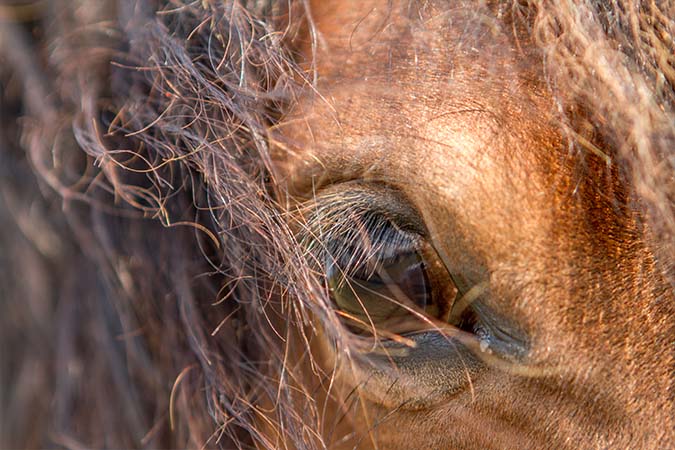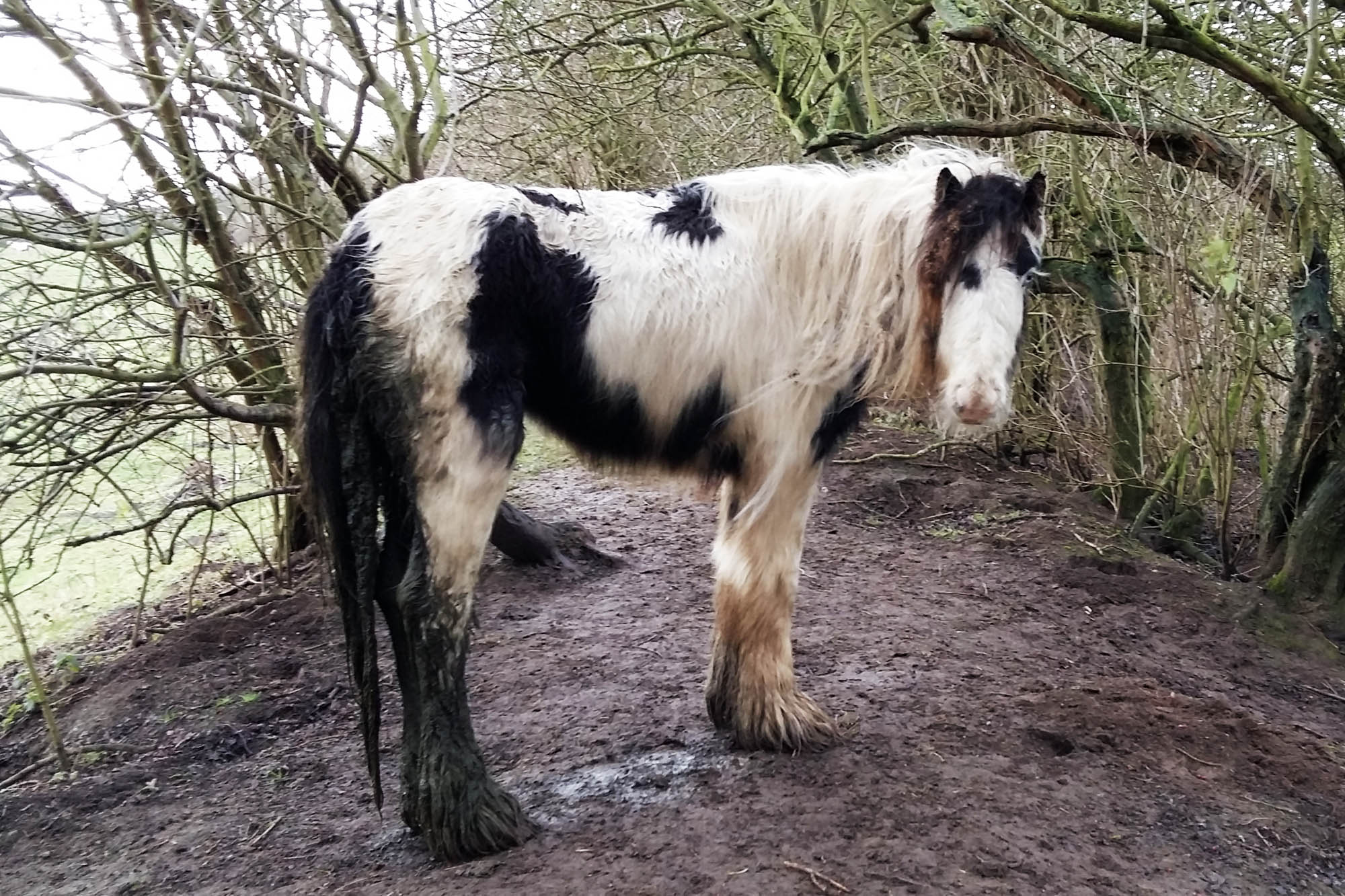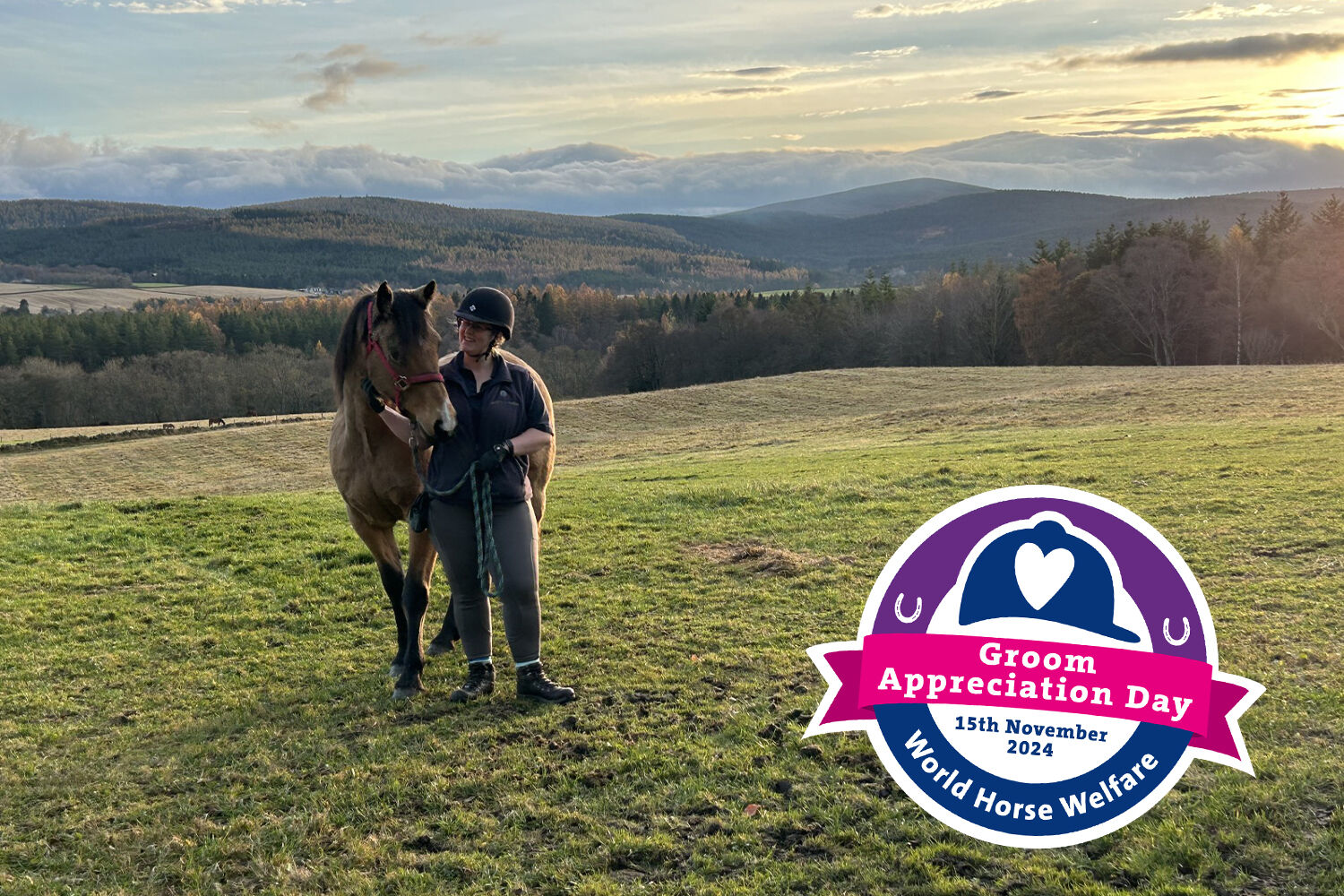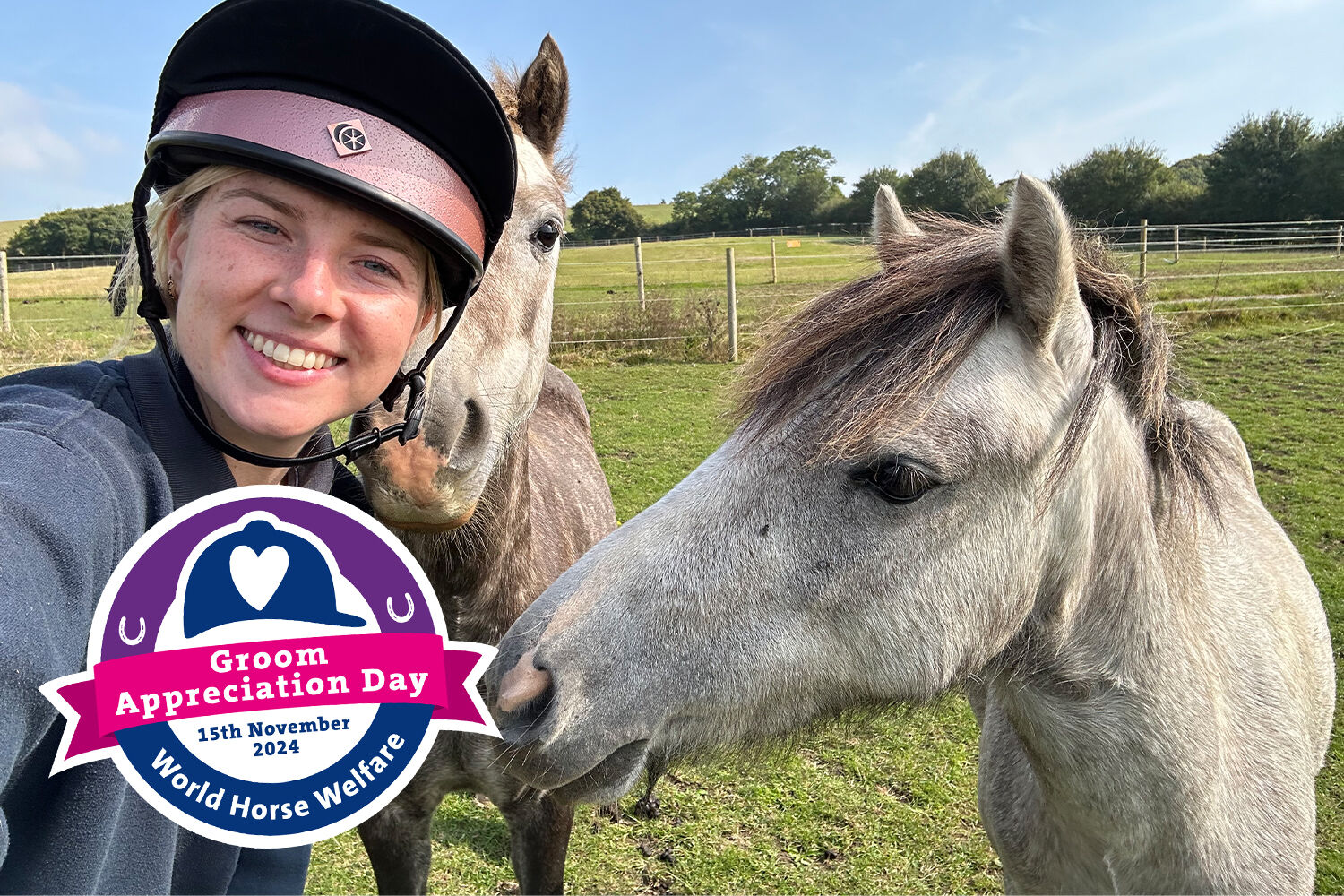Results of survey into impact of Cost-of-Living Crisis revealed
Posted on 10/07/2023

World Horse Welfare is one of a group of equine welfare charities and organisations* through NEWC (National Equine Welfare Council) who surveyed horse owners, keepers and equine organisations to find out what effect the Cost-of-Living Crisis was having. The results have now been released:
Almost one in five horse owners (20%) who took the survey said they are having to consider difficult decisions such as selling their horse, sharing their horse or, very sadly, having to euthanise their horse because of rising costs.
Over 8,000 people answered questions like ‘What changes, if any, have you seen in horse care costs in the last year’ and ‘What changes have you made, or are considering, to save money?’.
The data suggest that many owners are prioritising caring for their horses over caring for themselves. Just under 20% of respondents said they had cut expenditures on horse care, while almost 50% said they had cut expenditures in other areas of their life to help pay for their horses’ care.
Ninety per cent said they have experienced increases in the price of horse feed, forage, bedding and fuel with the biggest ongoing concerns around the price of feed, forage and veterinary care.
“NEWC has been a united voice on equine welfare matters for over three decades and member organisations from across the equine sector have seen for themselves how sharply horse care costs have risen in recent months.
“In December 2022 and January 2023, a small group of members, led by Redwings Horse Sanctuary, conducted this survey on our behalf to gather evidence, share that information with the United Kingdom and devolved governments, and identify what advice and support may be helpful.
“The high number of responses to the survey – more than 8,000 – shows how important this issue is for many people and the findings indicate that the impact of these financially challenging times is being felt across the whole of the UK. Sadly, the situation is only going to worsen with the interest rate increase announced last week, which is sure to have a huge impact on a lot of owners.”
Carolyn Madgwick, Chair of NEWC, of which all the charities and organisations are members.
A second survey, conducted by World Horse Welfare on behalf of NEWC, asked equine welfare establishments about their experiences.
A half (50%) of the 36 centres who completed the survey will minimise the number of equines they take in and implement stricter selection criteria for these equines, with just under 25% saying that they will stop taking in new equines altogether.
“It is a deeply worrying time for our members, who know they are often the last hope for equines in need.
“While only a small number of horse owners said they had already reached a point where they were unable to meet their horses’ basic care needs, many owners are having to reduce their routine preventative healthcare practices, increasing the risk of issues arising that they may struggle to afford to address**. There is also clear concern among many more about the effect of continued financial pressures through 2023. The number of owners struggling to maintain their horses’ welfare will only increase if the current economic climate continues into a second winter season, as it looks like it will.
“We’ll be monitoring the situation closely over the coming months and devising ways to provide targeted advice and support where possible. Follow-up surveys are planned for later this year to assess the continued impact of living costs on horses, their owners and welfare establishments.”
Carolyn Madgwick, Chair of NEWC
Advice for horse owners on Cutting Costs Not Care can be downloaded for free from the NEWC website.
*The research was undertaken on behalf of NEWC by Redwings Horse Sanctuary, World Horse Welfare, Blue Cross, The British Horse Society, Oak Tree Animal Sanctuary and the British Farrier and Blacksmith Association.
Topics
Related News

World Horse Welfare highlights the significance of the world’s most extensive equine surfaces study
World Horse Welfare Chief Executive Roly Owers lends his support to the world’s most extensive study into the effect of arena surfaces on the orthopaedic health of sport horses (in the seven FEI disciplines and in racing).

New laminitis research shows gaining weight is a risky business
This newly published research provides compelling evidence that laminitis developed significantly more often after horses and ponies gained weight rather than when they lost or maintained weight.
Recommended Blog Posts

A busy start to life as a World Horse Welfare Field Officer
One World Horse Welfare Field Officer describes what it's like to join the team.

Meet some of our often-unsung heroes on Groom Appreciation Day – Abi at Belwade Farm
“All of us love the horses we care for and when things go wrong, we really feel it, as this isn't just a job for us. If we didn't love them all, we wouldn't be working here to try and make a difference.”

Meet some of our often-unsung heroes on Groom Appreciation Day – Nicole at Glenda Spooner Farm
"I feel honoured to have this opportunity and proud to be making a difference to the lives of so many equines."
Enjoy reading stories like this?
Join over 55,000 other horse lovers and sign up for our email newsletter

Join over 55,000 other horse lovers and sign up for our email newsletter
Sign me up now